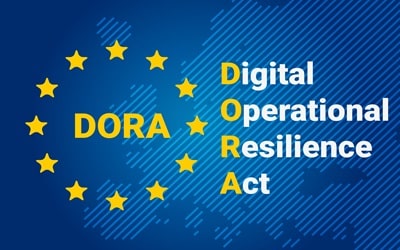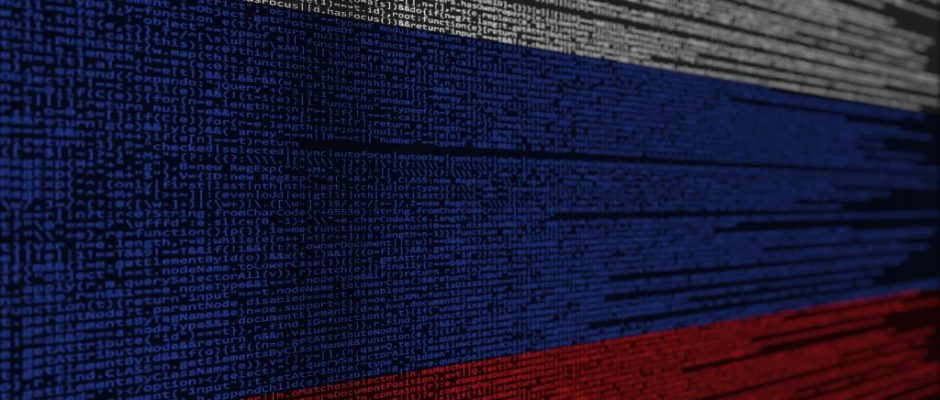Lee Enterprises Investigating Ransomware Claim, Data Leak Threat – March 3rd
Lee Enterprises is investigating a claim from the Qilin ransomware group, which alleges it stole 350GB of data from the newspaper chain’s network in an early February attack.
According to SentinelOne researchers, Qilin has threatened to begin leaking data on March 5, though the specific ransom demand remains unknown. A Lee Enterprises spokesperson confirmed awareness of the claims but provided no further details on the investigation.






